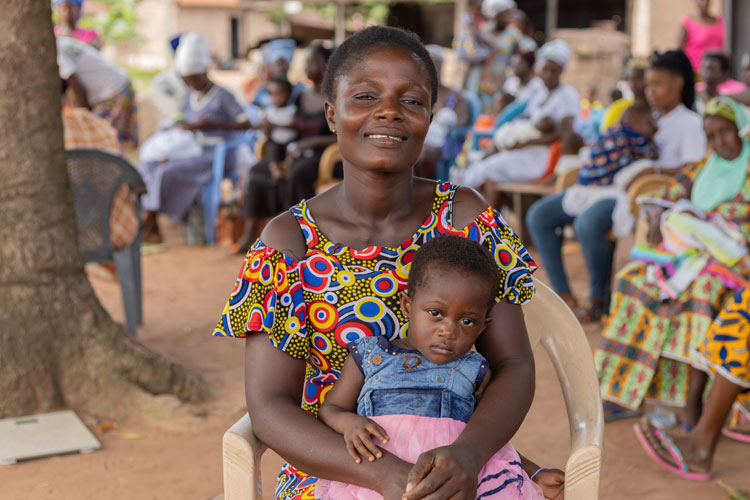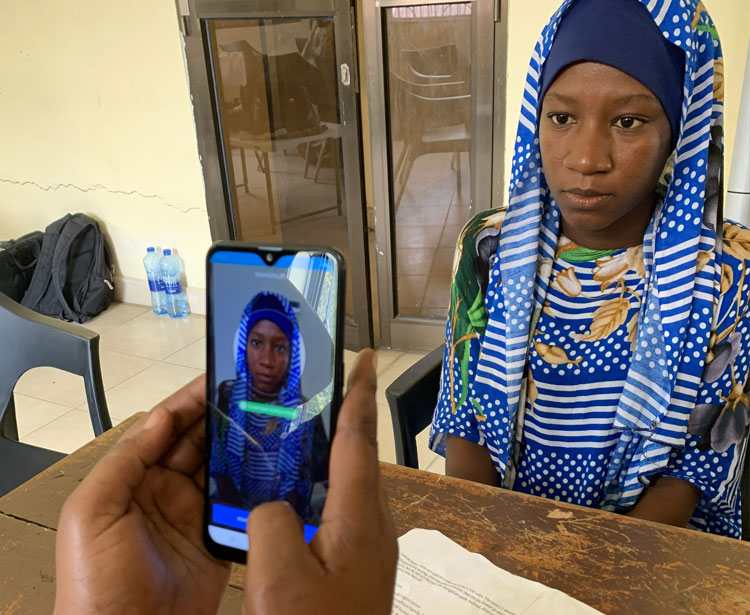We're an impact partner
Working alongside you, we will amplify the impact of your work, reach more people, and make a bigger difference to the most vulnerable communities.
Speak to our team
Driving change across sectors
Our biometric technology has driven significant change in health, land rights, and humanitarian assistance. In health, it ensures accurate patient identification, improving service delivery and reducing fraud. For land rights, it provides secure land ownership verification, reducing disputes. In humanitarian aid, it ensures aid reaches the people it is meant for, enhancing efficiency and impact.
Our cutting-edge technology continues to address critical challenges, driving transformative change and improving lives globally.
4,427,910
People enrolled
17
Countries reached
4,751
Active users

The impact of our biometric tools
In collaboration with our partner organisations, frontline workers use our tools daily, empowering them with improved data quality, enhanced service delivery, and increased trust and satisfaction from the communities we serve.
We’ve seen deep impact
- 10x faster identification of clients versus manual search
- 28% more pregnant women with complete birth plans
- 35% fewer fraudulent medication claims
Our technology empowers partners to verify that their services reached real people in real-time, enhancing performance, reducing fraud and ultimately, improving lives.
Impact evidenceHow do we evaluate projects and measure impact?
Our approach to evaluating projects and assessing impact is multifaceted. Open up the steps below to learn more about how we assess our work.
We establish a comprehensive outcome measurement framework for each project, outlining specific objectives, milestones, and key performance indicators (KPIs). This framework serves as a roadmap for assessing the project’s progress and impact at various stages.
Simprints relies on real-time quantitative data on technology performance and service delivery estimates. Metrics such as enrolment, identification, verification, and exit rates are systematically measured, providing a quantitative basis for evaluating the success of our biometrics solution.
The acceptance and adoption of our biometric solutions by frontline workers are powerful indicators of success. We collect and analyse user feedback, considering factors such as ease of use, satisfaction, and the integration of our technology into daily workflows.
Improving data quality is key. We assess the impact on data accuracy, completeness, and reliability ensuring that our biometric technology contributes to enhancing data integrity within the sector.
In our pursuit of evidence-based impact evaluation, Simprints conducts randomised controlled trials (RCTs). These enable us to rigorously assess the causal relationship between our interventions and observed health outcomes, ensuring a high standard of scientific validity in measuring the impact of our biometric technology and digitised health information systems.

